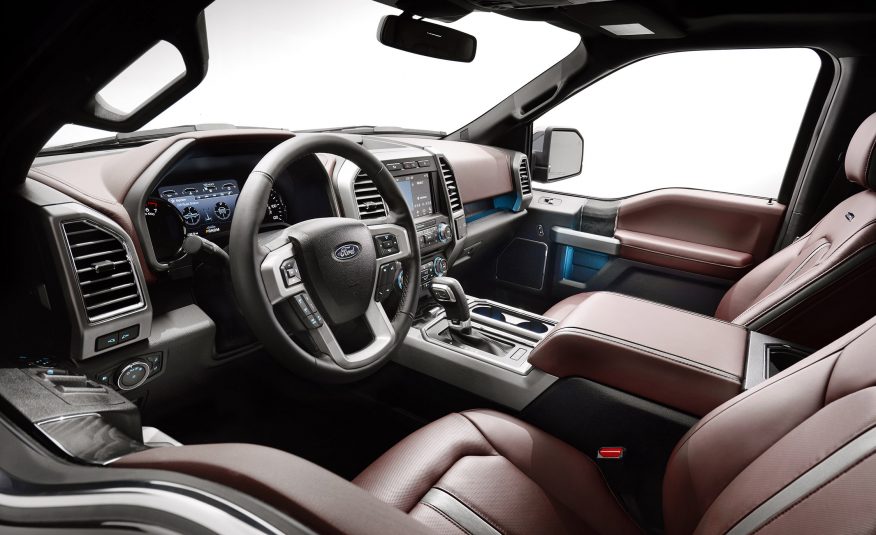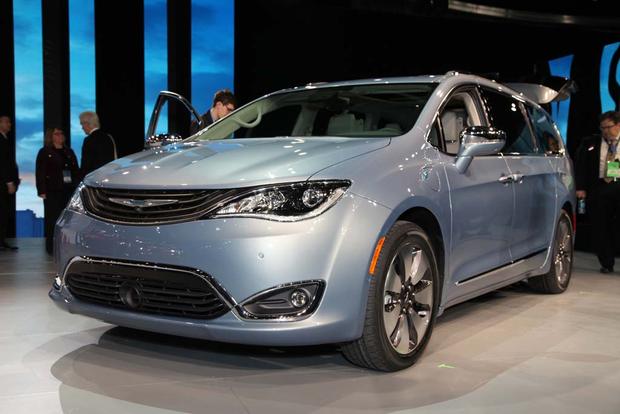-
2018 Buick Enclave “Avenir” will have ionic air purifier - April 12, 2017
-
Lease a Luxury Car for Less Than You Think - April 5, 2017
-
Shopping for a Car When Your Credit is Low - March 31, 2017
-
Aston Martin Closer to Unveiling Second-Generation Vantage - March 21, 2017
-
2017 Bentley Bentayga SUV: Offroad for $238,000 and Up - March 14, 2017
-
Pagani Huayra is Finally Here, Only $2.4M - March 9, 2017
-
Mercedes AMG E63 – For When Your Wagon Needs Drift - February 6, 2017
-
2018 Audi Q5 SUV: Enhanced Performance - January 30, 2017
-
2018 Toyota Camry Due in Late Summer - January 27, 2017
-
2018 Dodge Challenger SRT Demon Will Outstrip Hellcat - January 23, 2017
New Scams Cost New and Used Car Buyers Serious Money
Customers who are looking for new or used cars should always be aware of any kinds of fraud that are affecting the automotive industry here in the U.S. One of the latest pieces of news on this front comes from Kelley Blue Book, an established authority on new and used car pricing. In a report earlier this week, Kelley warns consumers that some unscrupulous businesses are scamming customers by offering fake programs using the Kelley Blue Book company name and promoting their faults deals on the Internet.
The scams that Kelly is talking about often involve a “buyer protection program” or similar set up. Kelley is informing consumers that they do not offer this program, and that these offers are fraudulent. They often work through escrow, where the buyer puts money into a seller’s account that is part of the scam.
In Kelley’s report, there are some disturbing statistics. KBB is citing FBI numbers indicating that auto shoppers lose $1000 every hour because of these kinds of scams and dishonest vehicle sellers. According to the report, a buyer lodges a complaint every hour and a half regarding some kind of dishonest auto sale. That’s a lot of cash, and a lot of risk to buyers who don’t take the extra time to make sure that they’re on solid ground. This type of thing can often happen in the kinds of “cash in hand” deals that happen in driveways, but now, with new technology, even web-documented auto sales can actually be a hoax.
Buyers should be on the lookout for scams where sellers start advertising vehicles in traditional venues, then switch over the ads to a fraudulent website and use 1-800 numbers and other resources to trick buyers into a fraudulent auto sale. The bottom line is to always double-check where the seller and seller representatives are located, and do some background research to make sure that your deal is verified and secure. In general, the most direct sales are the most efficient, and buyers usually benefit from staying away from any escrow kind of deal, where even legitimate lenders can easily hide excessive fees and costs. Always shop around and get the best legitimate deals for your new or used car purchase.














